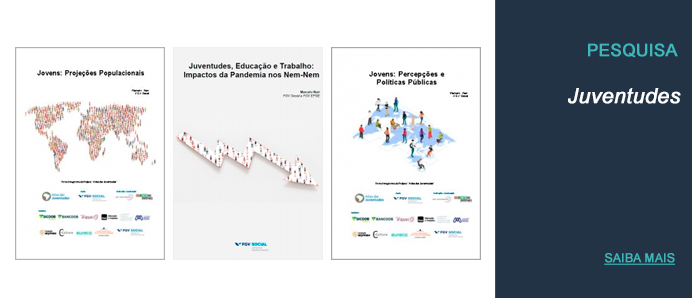Políticas de renda
inglês
Pro-Poor Growth and Social Programmes in Brazil
inglês
Poverty, Inequality and Income Policies: Lula's Real
inglês
Income Polices, Income Distribution, and the Distribution of Opportunities in Brazil
inglês
Desenho e Diminuição de Pobreza: Programa Cartão Família Carioca & Impactos de Incentivos na Vida Escolar - Alunos Beneficiado (Recebe CFC) / Simulador de Probabilidades
Indefinido
Desenho e Diminuição de Pobreza: Programa Cartão Família Carioca & Impactos de Incentivos na Vida Escolar - Desempenho dos Alunos (Notas) /Simulador de Notas
Indefinido
Desenho e Diminuição de Pobreza: Programa Cartão Família Carioca & Impactos de Incentivos na Vida Escolar - Desempenho dos Alunos (Notas) /Simulador de Notas
Indefinido
De Volta ao País do Futuro - Evolução da Renda / Medidas Sociais baseadas em Renda per Capita
Indefinido
De Volta ao País do Futuro - Simulador de Felicidade e Gênero / Sexo, Geografia e Satisfação com a Vida
Indefinido
Os Efeitos Macroeconômicos das Transferências Sociais: Uma Abordagem de Matriz de Contabilidade Social
Português, Brasil








